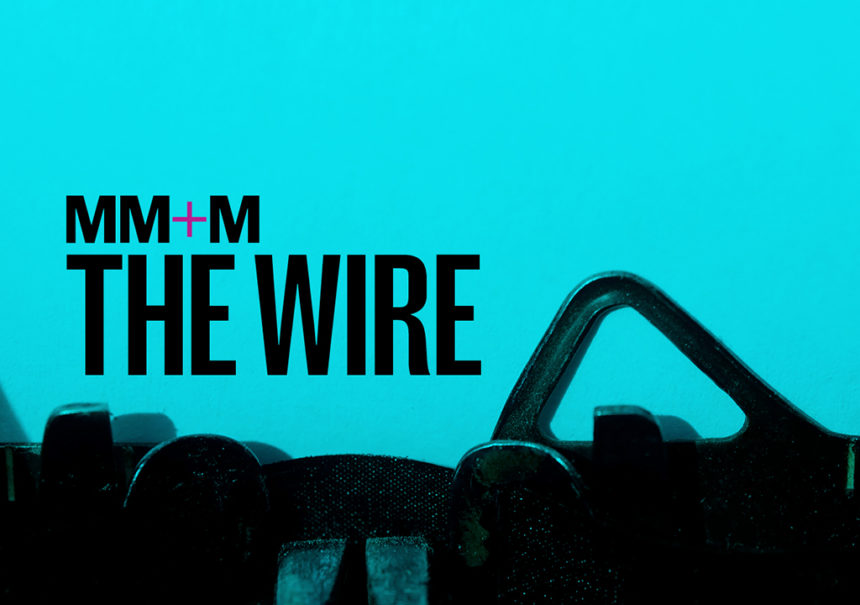AMX0035, the drug Amylyx Pharmaceuticals is developing to treat amyotrophic lateral sclerosis (ALS), would not be cost-effective if priced like another drug on the market, a pricing watchdog notes in an interim draft report released Tuesday.
Moreover, given remaining uncertainties about the drug’s benefits, the Institute for Clinical and Economic Review (ICER) added that policymakers “should debate short-term pricing options, including a far lower price close to the cost of production until the benefits of treatment can be adequately evaluated.”
AMX0035, under review by the Food and Drug Administration, recently saw its decision date pushed back from June to late September. Its production cost has not been made public.
The delay followed a March meeting of the FDA’s advisory committee, during which the panel of outside advisors rendered a negative overall verdict on the drug’s effectiveness in treating ALS. The agency has since asked the company for more information.
Commonly known as Lou Gehrig’s disease, ALS is a rare disease characterized by loss of motor neurons in the brain and spinal cord, resulting in severe disability and death. It is rapidly progressive and typically fatal within three to five years. About 25,000 people in the U.S. live with the disease.
The only two FDA-approved therapies, riluzole and Mitsubishi Tanabe Pharma’s Radicava (edaravone), have a modest impact on slowing disease progression, per ICER.
The group compared the clinical effectiveness of Amylyx’s drug to that of others relative to their price, assuming an annual wholesale acquisition cost of $169,000. By way of comparison, an oral formulation of Radicava, approved by FDA in May, costs $171,000.
At the current price of Radicava, and the placeholder price for Amylyx’s drug, both drugs exceed the typical cost-effectiveness thresholds, the watchdog noted.
Based on the two products’ incremental effect on a measure called quality adjusted life years (QALYs), a more cost-effective price would be $2,200 for Radicava and $13,700 for AMX0035, per the report.
AMX0035’s cost effectiveness is “superior” to that of edaravone, the watchdog added, because of the modeled prolongation in survival. A survival benefit of 4.8 months was observed in an open-label extension of the drug’s 24-week clinical trial, CENTAUR.
The group stressed that its draft report may change as it continues to receive stakeholder feedback.
This week Amylyx’s drug notched its first approval, with Health Canada conferring a greenlight Monday morning. Its decision was contingent on a positive readout of the PHOENIX trial, an ongoing, 600-patient phase 3 study, expected in 2024.
The product will be sold under the trade name Albrioza. Assuming pricing of $165,000 a year, analysts from SVB Securities said they expect sales in that country of about $100 million.
“There is no direct read-through into the FDA’s upcoming final decision in September,” the analysts cautioned in an investor note. They added that the FDA will likely require a positive PHOENIX study for approval.
This article has been updated to clarify the draft report’s conclusion – that Amylyx’s ALS drug would not be cost-effective at the placeholder price – and to include supporting data from the QALY-based analysis.








